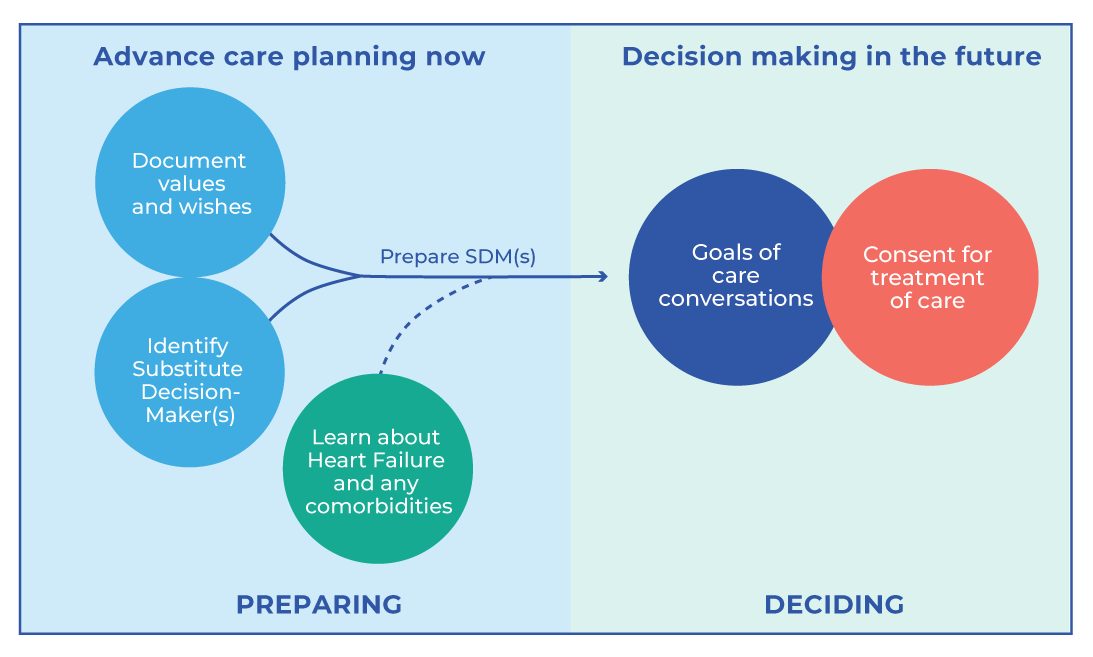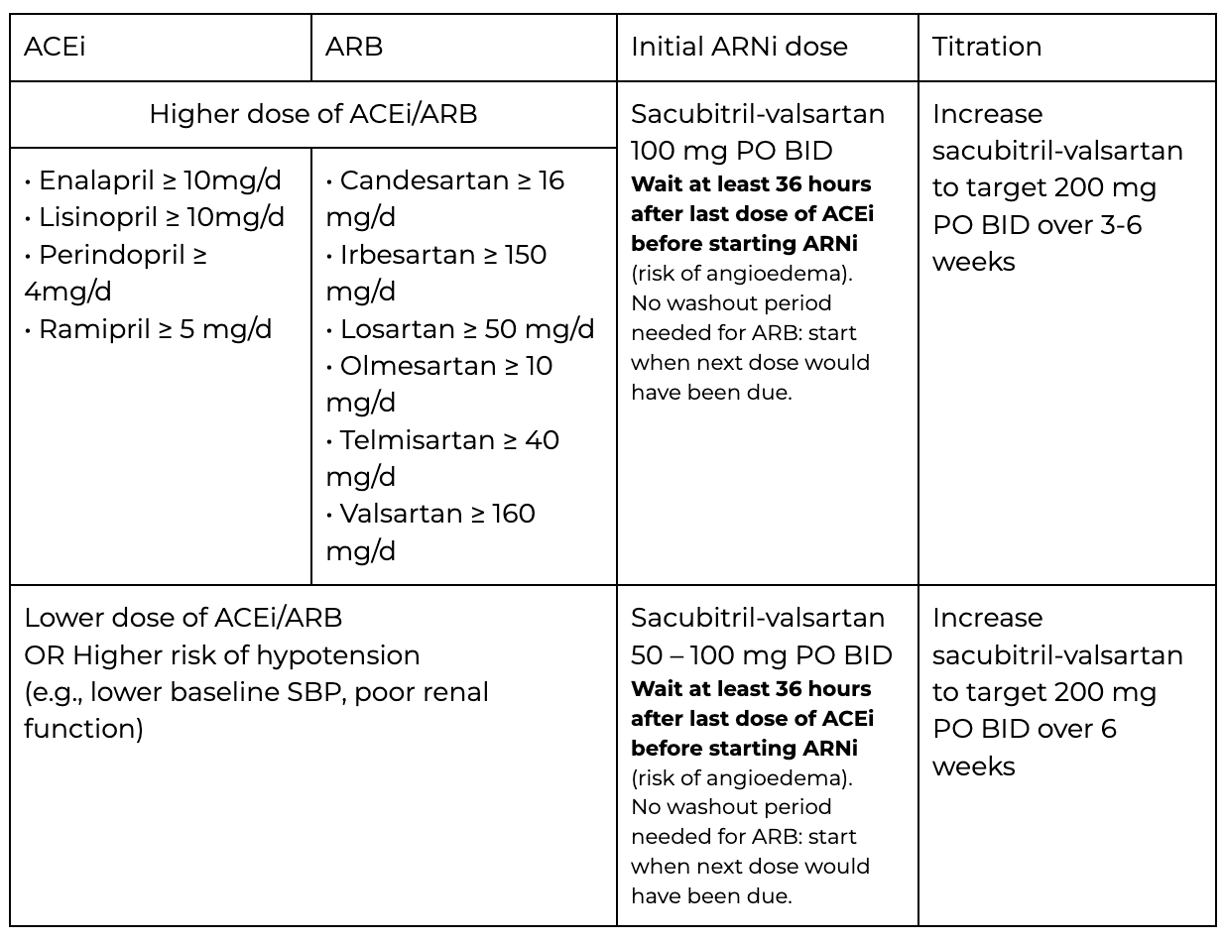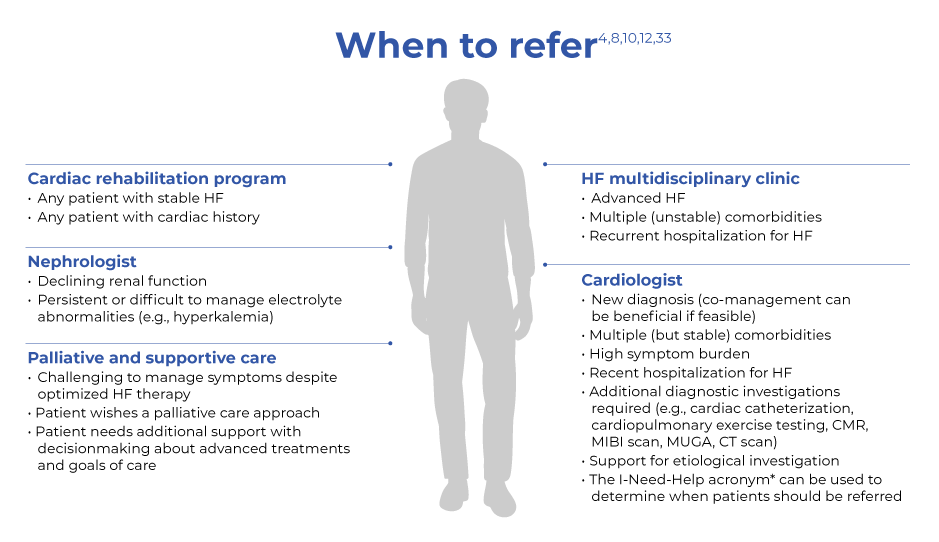Role of natriuretic peptides
NPs are secreted from the heart in response to changes in pressure that occur when heart failure develops or worsens. NPs improve heart failure symptoms through natural diuresis, vasodilation and inhibition of the renin-angiotensin-aldosterone and sympathetic nervous systems.
Two key NPs, brain natriuretic peptide (BNP) and N-terminal pro-brain natriuretic peptide (NT-proBNP), assist with diagnosis, prognostic stratification and management of HF3. However, BNP and NT-proBNP have different cut-points/values, so they cannot be used interchangeably.
BNP (brain natriuretic peptide)3,5-7
- Active hormone
- Not covered by OHIP (private insurance may cover the cost)
- If used to measure efficacy for angiotensin receptor-neprilysin inhibitors (ARNis), results are less reliable for monitoring the first year of therapy
NT-proBNP (N-terminal pro-brain natriuretic peptide)3,5-7
- Biologically inactive (metabolite of BNP)
- Higher levels in the bloodstream
- Covered by OHIP
- If used to measure efficacy for ARNis, results are more reliable in the first year of therapy
Role of NPs in heart failure3
Diagnosis*
In the setting of diagnostic uncertainty, either BNP or NT-proBNP can rule out HF with a high degree of confidence.
NP cut-points (primary care)
NT-proBNP > 125 pg/mL
BNP > 50 pg/mL§
* Strong recommendation, high-quality evidence; † Recommendations are based on Canadian Cardiovascular Society guidelines4 other sources recommend a cut-off of < 355,8










